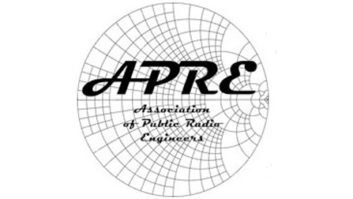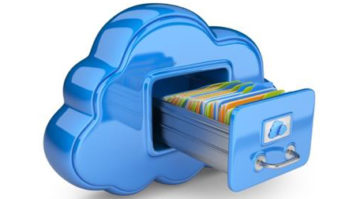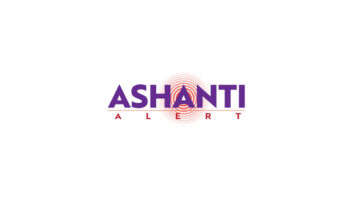
June 24 is the date that most big-market U.S. commercial radio stations must begin using the FCC’s new online public file database. We asked communications attorneys Gregg P. Skall and John F. Garziglia of Womble Carlyle Sandridge & Rice LLP how station managers should be getting ready.
Radio World: What should managers be doing now to prepare?
Gregg Skall: Managers should be doing a top-to-bottom review of their public file and political file. Experience with the TV online public file demonstrates that both the public and the FCC enforcement staff will be examining station public files more closely now, not only for the proper files, but to check on compliance with filing dates.
Initially, the revised rule applies only to commercial radio stations in the top 50 Nielsen markets with five or more full-time employees. Those stations must begin uploading new public file documents to the FCC’s online database on or before June 24, 2016. They will have six-months to complete the process and must complete the process for existing public file materials by December 24, 2016. All other radio stations, including all non-commercial educational stations, have two years to comply, as the rule will be effective for them March 1, 2018.
To make it easier for broadcasters, the commission will automatically transfer to the online file applications, reports, authorizations and other materials from its electronic databases as it did for TV, so radio broadcasters should just check to make sure the FCC has brought all the relevant documents over. Also, while existing political file materials may be uploaded to the online public file, they may in lieu of uploading continue to be retained in a local physical file, or a local accessible electronic file for the remainder of their two-year retention period if the licensee prefers to leave them there.
A useful resource that will help with local public file uploading and to check on any missing documents is Broadcast1Source, which is a client of mine.
RW: You’ve no doubt taken a test drive of the FCC’s system beta demo. What are your observations? What should new users know?
Skall: At this point, I find the demo is not working well and would not recommend broadcasters look there. However, the FCC just released a public notice announcing that it will conduct a public demonstration of the expanded Online Public Inspection File (OPIF) on June 13, 2016. It will demonstrate the new interface for filing documents and the overall design, layout, and content of the OPIF site. The demonstration will also be available online. Broadcasters should plan to watch it. Here’s a link: FCC OPIF Demonstration.
RW: If the FCC does away as expected with the remaining correspondence file requirement, will there be anything left that stations must keep on file physically for inspection on demand by the public?
Skall: Just the existing materials in the political file, should they choose to keep it there. Also, the FCC still requires a backup of the political file to be used should the online file break down. Remember too, that there are a variety of materials stations must keep, to make available in the event of an inspection or demand by an FCC official; but that is another story.
RW: Anything else readers should know about this topic?
John Garziglia: The local public file continues to be an emphasis of FCC rule compliance. The dates by which the quarterly issues-programs lists must be put into the local public file of Jan. 10, April 10, July 10 and Oct.10 must now be strictly adhered to as each submission will be FCC date-stamped. The same admonition applies to the Annual EEO Public File Report which is to be in the local public file on the station’s license renewal filing anniversary date. Do not give the FCC an easy way to assess fines against your broadcast group. Be sure that each required document is placed into your online local public file in a timely manner.












